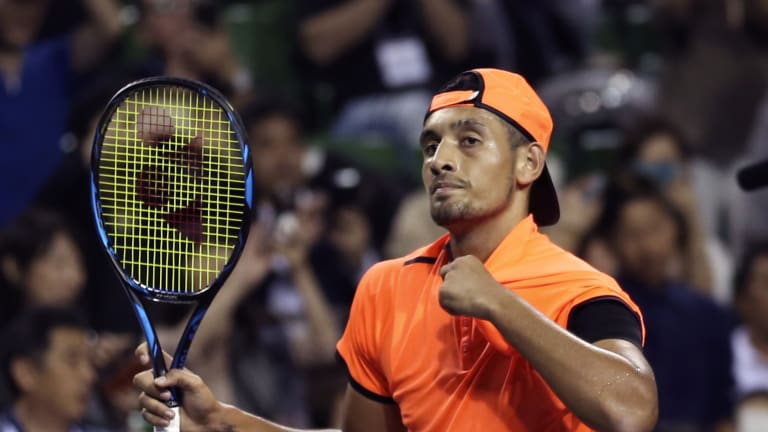The Golden Rule of tennis is a simple rule that, if followed, will keep you out of trouble more than anything else: Never do anything on court that doesn’t help you win.
Granted, the rule sounds absurdly obvious, but few people consistently follow it. To do so, ask yourself this question before you make any move on the court: “Will this help me win?”
If the answer is not yes, don’t do it.From time to time we all slip, as irrational as this may seem. Why? Because tennis is an inherently emotional game. We become emotional during play and our feelings overpower our logic systems. We proceed to do things that we shouldn’t.
Although the pros do it less frequently than most of us, even they forget the Golden Rule. A recent example was provided by the often emotional Nick Kyrgios last year in Shanghai. He had just won a tournament the previous week, so he should have been on a roll, pumped up and confident. Instead, he was mentally fatigued. When he played Mischa Zverev—ranked 110th at the time—in the second round, Kyrgios decided, for reasons best known to himself, not to try.
